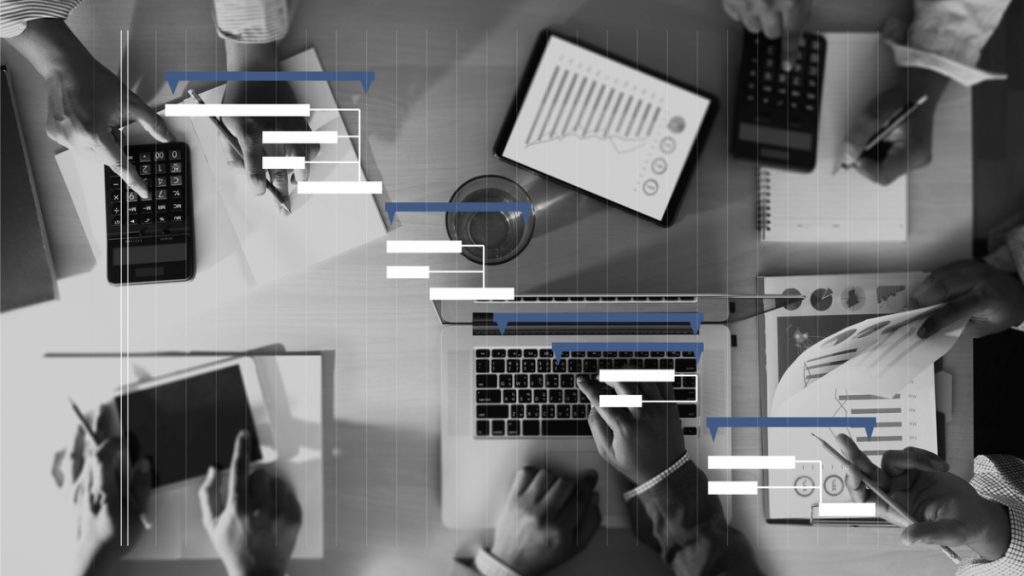Hot-button questions answered by the industry’s thought leaders
What’s the biggest mistake SMEs can make and how can it be avoided?

Peter
McLeod
Director, small business
Total Gas & Power
Disregarding customers. There’s a fine balance between delighting customers and turning a profit, especially for small businesses. Caring for your customers will in turn provide you with an opportunity to learn from them and earn the right to ask more of them – word-of-mouth marketing is both powerful and cost effective.
Take time to understand how the process of dealing with your business has felt for your customers, and don’t be afraid to ask questions you might not like the answers to. The insight might lead you down an exciting, new avenue that leads to greater success.
If you don’t look after your customers, someone else will! Recognising loyalty is likely to keep your customers coming back for more and earn you some brownie points, meaning that should you make a mistake, you will almost certainly be forgiven.
Lastly, don’t ignore complaints! They’re not personal and they provide a great opportunity to turn an unhappy customer into one of your biggest fans.
How can you get out of the banking loop?

Andres la Cour,
Co-founder and CEO,
Banking Circle
For many start-ups, getting the start-ups, getting the business up and running is easy. All it takes is a great idea, the knowledge that there’s a market, and the imagination and bravery to kick it off. However, what does keep new and small business owners up at night is banking. With no two SMEs alike, banks – be they incumbent or challenger – are not always able to provide SMEs with the flexible, fast-paced banking solutions they need.
Depending on the size, structure, ownership and history of a business, and the bank they speak to, the banking options available to SMEs vary dramatically, yet rarely suit the business imperative. Application and set-up takes too long, costs can be out of reach, credit repayments are inflexible.
Bringing about real change and better financial inclusion for SMEs requires market participants to work together and develop joint solutions, collaborating to build bridges between individual innovations already in the market. And as with any ecosystem, it must be perfectly balanced in order to function effectively.
Only with all types of providers working together in collaboration, not competition, will the banking ecosystem be able to bring financial inclusion to its peak.
What challenges lie ahead for businesses after crypto-regulations?
 Ralph Payne, CFO, Copper
Ralph Payne, CFO, Copper
CFO
Copper
Following on from the FCA’s-first policy statement on crypto-assets, the payments industry may well be in for a shake-up, with somecrypto-businesses potentially falling under the FCA’s regulatory supervision.This is great news for crypto consumers, but for SMEs it adds the regulatory hurdle of acquiring an e-money license and meeting stringent regulatory standards if they wish to process transactions that the FCA deems fall into the e-money or payment space.
For the typical money service businesses, the increasing clarity on crypto-regulation will only lead to more participants, giving rise to substantial competition to traditional payment methods. In turn, these traditional businesses will be under pressure to match the cheaper, quicker and more efficient transfer services that can be met by crypto.
But there is still a long way to go. And while Facebook’s Libra Association may be doing some of the heavy lifting with regulators on behalf of SMEs, current uncertainty and lack of definitive guidance will continue to be a barrier to entry.
What will be the biggest disruption in the payments sector over the next year?
 Kevin Salaman
Kevin Salaman
Head of Retail
Elavon
The digital era has spawned a rapid evolution in the payments space, one that has been driven by both consumer demand and a government mandate to go cashless. By 2026, physical cash could represent just one in five transactions. Today, one in four UK phone users regularly use payment apps. And while penetration is more significant in younger generations, payments apps aren’t exclusively for millennials and Gen Z. Worldwide, it’s estimated that the transaction value of mobile payment apps will reach nearly $14 trillion by 2020, although this is somewhat weighted by rapid adoption in China. Banks and technologists have been only too happy to embrace digital currency: cashless is cheaper to run, quicker, more secure, trackable, and more accountable. Businesses can easily access these same advantages. Despite scary headlines, digital currency is in fact more secure than cash. It is certainly cheaper to run and transactions can be processed in a quicker timeframe. For now, widespread adoption of payment technologies is awaiting its big bang moment. But with 5 per cent penetration in just a handful of years, alternative payments can and will continue to grow at speed.
For more information on how Elavon can help your business, visit www.elavon.co.uk
How can the future workplace allow for greater collaboration?

Adrienne Gormley
Vice President of Global Customer Experience and Head of EMEA
Dropbox
With teams increasingly working across different geographies and time zones, companies need an intelligent digital working environment that effortlessly connects platforms and conversations.
Bringing together tools and applications into one place makes it easier for people to connect, collaborate and focus. And by making everything accessible, employees no longer have to waste time bouncing back and forth between different interfaces and file types, or searching for documents in silos. Instead, everything they need is at their fingertips.
Centralisation also enables greater engagement, as people benefit from shared context when collaborating on a specific file or project in real time. With employees currently switching between up to 35 job-critical applications nearly once a minute, this smarter way of working cuts out the distraction and helps employees focus on the work that really matters.




